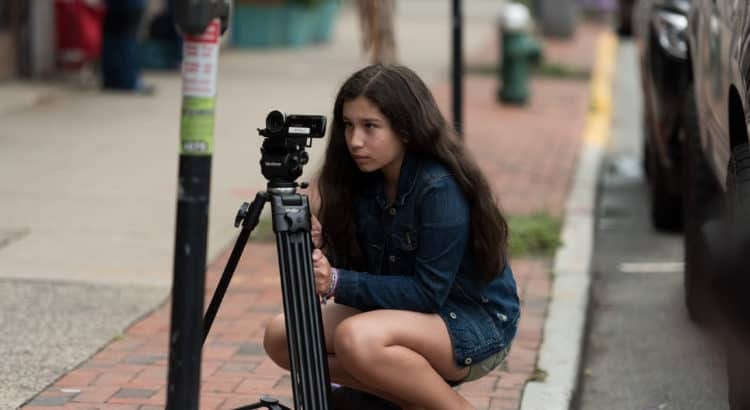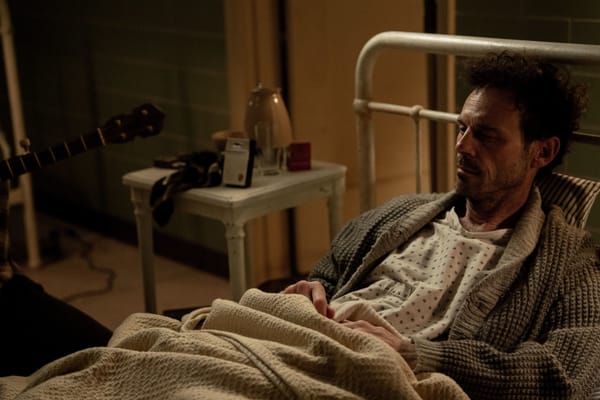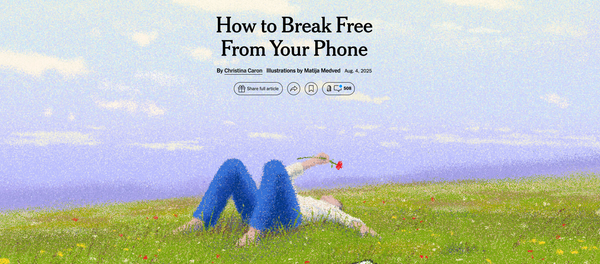A Story on Caring About Learners' Wishes

In the academic tradition I was formed in, would-be dissertation writers have to propose, implement, and analyze a pilot study before launching their full project.
Sometimes this project ends up being very closely connected to what their dissertation eventually becomes. For me, the connection was fairly loose, partly because while I was in the throes of planning the pilot study Kristin found out she'd gotten a job at Grace Cathedral in San Francisco and that we would soon be moving cross-country.
Still, I'm grateful for my pilot because it helped me learn a LOT about following the lead of participants and their interests. All this stuff about caring, about attending to learners and putting their needs at the center of teacher concern, it's especially important in academic research. That's because research study participants have a lot of control about their participation in research projects—at least if the researchers are doing the work ethically and well.
The project in question was a take on Digital Storytelling (DS). I'll say more about this methodology in a subsequent week. For now, suffice it to say that a digital story in this approach is a short, autobiographical moment recorded orally and embellished in some way with images and possibly music. (Here's a story I did about pilgrimage, hospitality, and fan culture during my first training way back in 2014.)
The context of my pilot study was a church-run community day camp. I invited a half dozen of the camp's counselors-in-training CITs) to participate in a storytelling project with me during one week late in the summer of 2018.
There is audio of me in the final dissertation reflecting on the embarrassing experience of making this invitation, recorded immediately after the CITs high-tailed it out of the room. It is, as they say, pretty cringe.
But the fact that I had to get some of those CITs to agree to do the project with me if I wanted my pilot study to take flight forced me to care about the interests, preferences, and motivations of my study participants in a way would eventually shape my signature way of facilitating workshops in this tradition.
- The DS playbook asks participants to tell solo stories. But this was camp, and the CITs wanted to work together. (Of course they did!)
- The DS playbook asks participants to tell stories from their past. The CITs wanted to tell a story about what was happening all around us—the glorious yearly adventure in community that is camp. (Of course they did!)
- My research timeline wanted to launch this project on Monday to make sure we were wrapped by Friday. But this particular Monday featured the relatively rare camp activity of playing outside with sprinklers. The CITs wanted to get out of dodge and get into their swimsuits for outdoor fun. (Of course they did!)
I could go on. Point being: the project was a negotiation. In this case, it had to be, because I had to record participants' explicit assent to participate before we could begin.
I thank God for that, because with every decision the young people got to make (instead of being told to do by the facilitator/researcher), the project became a little bit more their own. They got a little more curious, a little more motivated. And since the whole purpose of the research was studying media-based meaning making in an "out of church" setting, the more ownership they had, the better.
My invitation wasn't tabla rasa. I had a plan. This wasn't the research equivalent of showing up to a traditional class and asking my students "So what did you think of the readings?"
But each time I showed myself willing to adapt the plan, each time I asked "What would make you more excited to work on this project?" the experience got a little more meaningful—for everyone involved.
Want to hear more? This scene is part of the third chapter of my dissertation, "Empathetic Engagement."



